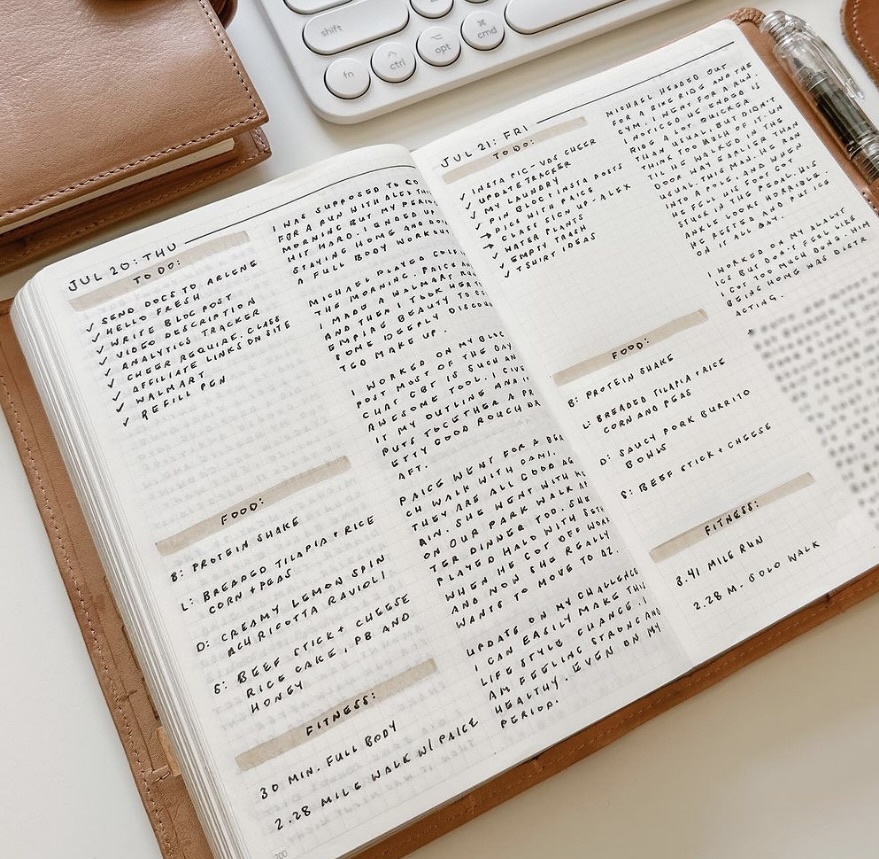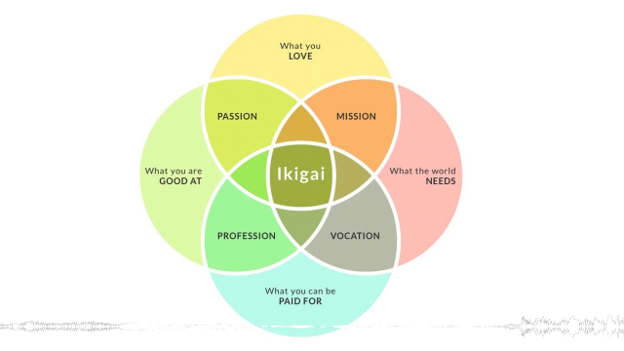Journaling is an age-old practice that has recently seen a revival in popularity, particularly among students and young adults. Far more than just a way to record daily events, journaling is a powerful tool for self-expression, personal growth, and creative development. This article explores the many benefits of journaling and offers tips on how to get started.
The Benefits of Journaling
- Emotional Well-being
Journaling provides a safe space to process emotions. By writing about experiences and feelings, individuals can gain clarity and perspective, which can lead to improved emotional well-being. It allows for the release of pent-up feelings and helps manage stress, anxiety, and depression. Regularly articulating thoughts and emotions can also enhance self-awareness and emotional intelligence.
- Cognitive Benefits
Writing down thoughts helps organize and structure them. This practice can improve problem-solving skills and enhance critical thinking. Journaling can also boost memory and comprehension. When you write about a subject, you are more likely to remember and understand it better.
- Creativity and Self-expression
Journaling is an excellent outlet for creativity. It allows for unrestricted expression, enabling individuals to explore ideas and thoughts freely. Whether through words, doodles, or sketches, journaling encourages creative thinking and can lead to artistic development in other areas, such as writing, painting, or music.
- Goal Setting and Achievement
By setting goals and tracking progress in a journal, individuals can increase their chances of achieving them. Writing down goals makes them more noticeable and provides a sense of accountability. It also allows for the tracking of progress and reflection on what strategies are working or need adjustment.
How to Get Started
- Choose Your Medium
Decide whether you prefer a traditional paper journal or a digital one. Each has its advantages. A paper journal provides a tactile experience and can be a break from screen time, while a digital journal is easily accessible and can be organized with tags and search functions.
- Set a Routine
Establish a regular time for journaling. It could be first thing in the morning, during lunch break, or before bed. Consistency helps make journaling a habit and ensures that you take the time to reflect daily.
- Start with Prompts
If you’re unsure what to write about, prompts can be helpful. Some examples include:
- What are you grateful for today?
- Describe a recent challenge and how you dealt with it.
- What are your goals for the next month?
- Reflect on a memorable moment from the past week.
- Be Honest and Open
Journaling is for you, so there is no need to filter your thoughts. Be honest and open about your feelings and experiences. The more authentic your entries are, the more beneficial the practice will be.
- Include Different Elements
Don’t limit yourself to just writing. Include drawings, photos, ticket stubs, or any other items that are meaningful or aesthetically pleasing to you. This can make your journal more engaging and reflective of your personality.
The art of journaling is a versatile and deeply personal practice that offers numerous benefits. From enhancing emotional well-being and cognitive function to cultivating creativity and helping in goal setting, journaling is a valuable tool for personal development. By integrating journaling into your routine, you can travel on a journey of self-discovery and growth. So grab a notebook or open a new document, and start exploring the transformative power of journaling today!









